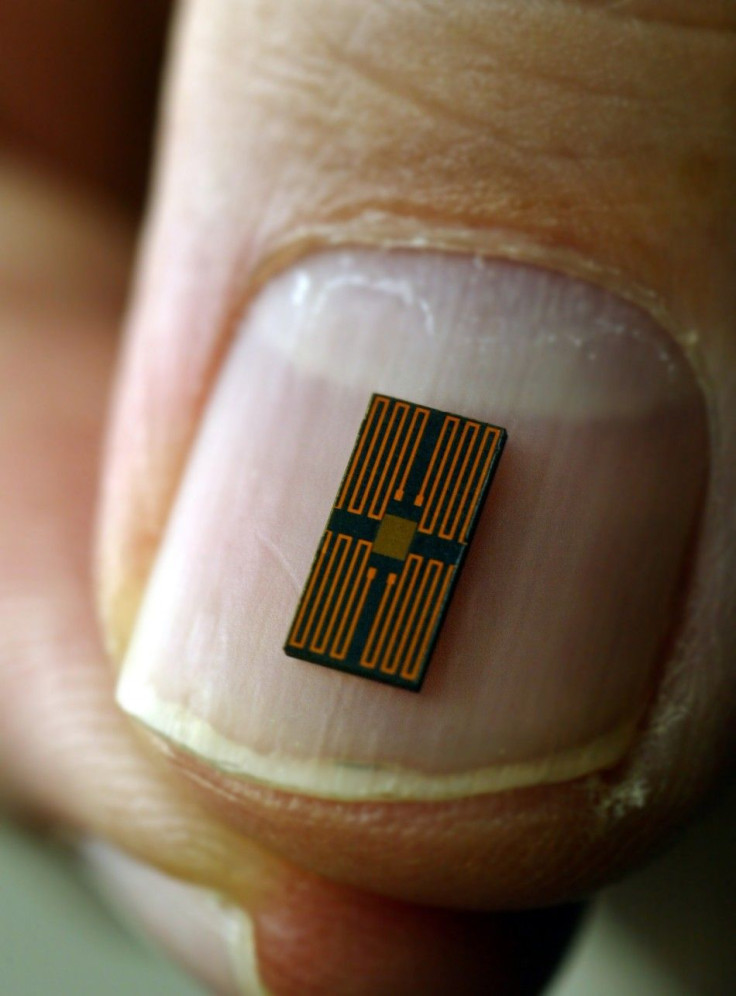IBM To Replicate Human Brain: 'Cognitive Computers' To Think Like Humans, Not Machines

IBM announced its cognitive computer initiative Thursday, which will build systems from experimental computer chips that replicate the human brain's ability for perception, cognition, and action.
Systems built with these chips won't be programmed the same way traditional computers are today, a IBM rep said in a press statement. Rather, cognitive computers are expected to learn through experiences, find correlations, create hypotheses, and remember - and learn from - the outcomes, mimicking the brains structural and synaptic plasticity.
IBM has been awarded $21 million dollars from the Defense Advanced Research Projects Agency (DARPA) to fund the second phase of the initiative, the Systems of Neuromorphic Adaptive Plastic Scalable Electronics (SyNAPSE) project.
If successful, SyNAPSE will develop computing systems that are able to make decisions based on collected data, something that is far out of reach for today's computers. For example, the statement said, a cognitive computer could record and report metrics based on global water levels and issue a Tsunami warning based on its decision making.
Another example given was an instrumented glove that monitors sights, smells, texture and temperature to flag bad or contaminated produce that could be used for stocking shelves at a grocery store.
This is a major initiative to move beyond the von Neumann paradigm that has been ruling computer architecture for more than half a century, said Dharmendra Modha, project leader for IBM Research. Future applications of computing will increasingly demand functionality that is not efficiently delivered by the traditional architecture. These chips are another significant step in the evolution of computers from calculators to learning systems, signaling the beginning of a new generation of computers and their applications in business, science and government.
IBM previously created Watson, a computing system that can understand human language and respond to questions.
© Copyright IBTimes 2024. All rights reserved.





















